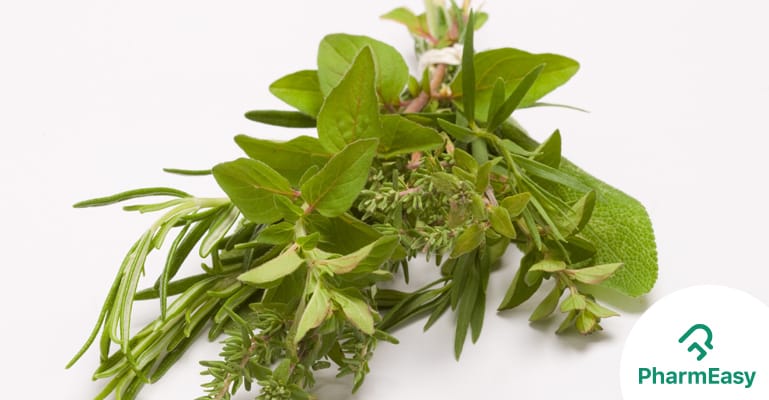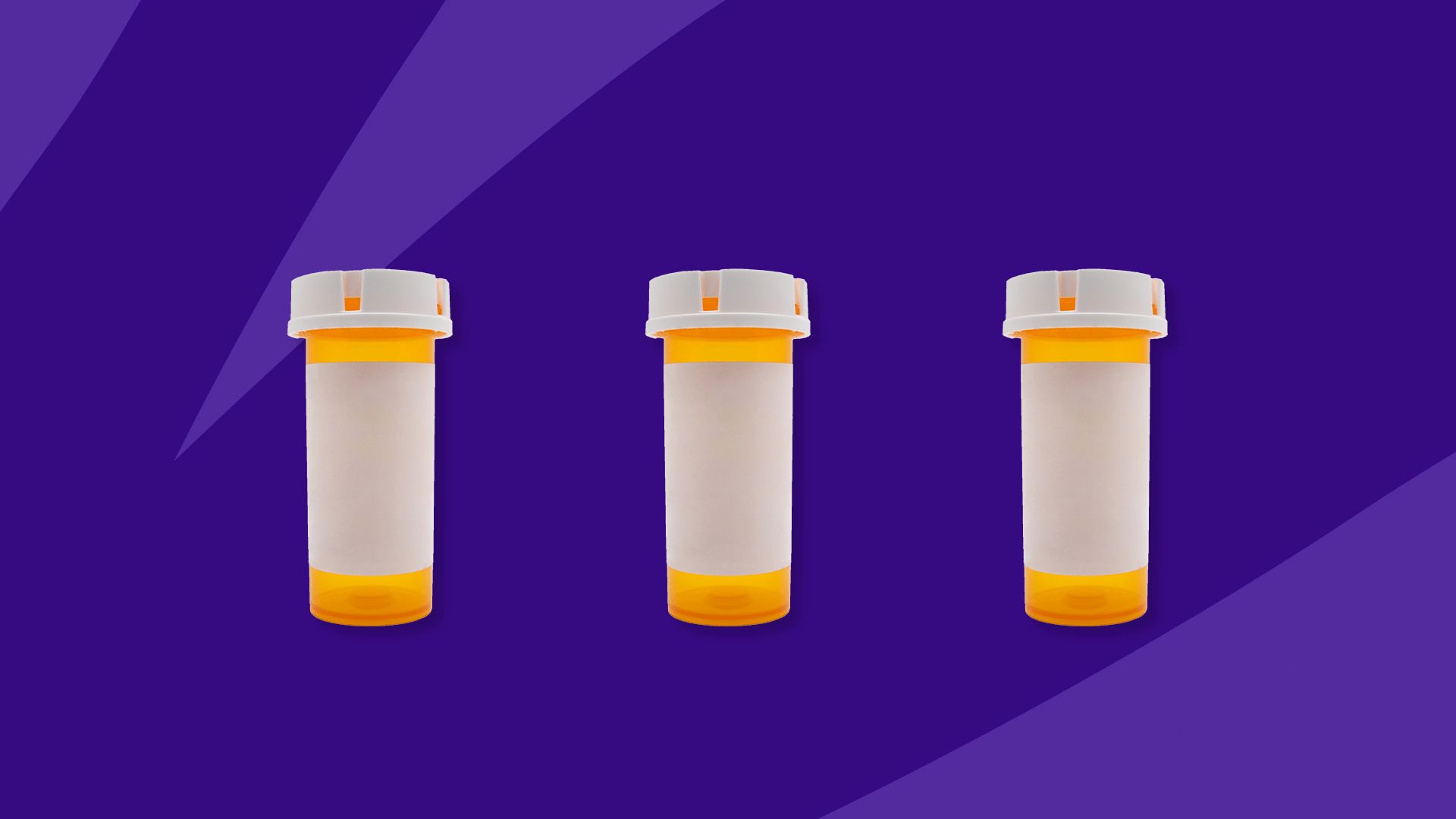- EARTH TO AILMENT
- Posts
- Earth To Ailment #65
Earth To Ailment #65


The American Lung Association discusses the popular concept of "detoxing" your lungs, emphasizing that quick fixes or detox products often lack scientific support and can even pose risks. While it can be tempting to seek out pills and remedies promising miraculous results, the safest and most effective way to promote lung health is through sensible lifestyle choices.
Quitting smoking, avoiding pollutants, maintaining a clean indoor environment, and consuming a balanced diet rich in antioxidants are essential steps for lung healing. Remember that our lungs are inherently self-cleaning organs that begin to heal once exposed to cleaner air.
Instead of seeking unproven detox methods, focus on nurturing your body through healthy habits, which can lead to improved lung function and overall well-being. The journey to healthier lungs starts with informed choices and a commitment to self-care.


Cissus quadrangularis, a plant historically valued for its medicinal properties, is gaining attention for its potential role in supporting bone health. A recent systematic review led by Na Takuathung and colleagues delves into its effects on bone biomarkers, particularly in the context of rising osteoporosis concerns.
This analysis highlights how natural compounds in Cissus quadrangularis may enhance bone density and metabolism, igniting hope for those seeking alternative treatments for bone-related health issues, especially among the elderly. The study acknowledges the variability in previous research but emphasizes positive trends, thus fostering interest in incorporating this plant into healthcare practices.
As the demand for natural solutions increases, the findings could encourage healthcare professionals to consider Cissus quadrangularis as a complementary option for patients looking to manage their bone health holistically. Ongoing research aims to further clarify its mechanisms and optimize dosages, ultimately promoting a healthier future through innovative, plant-based interventions.

This webpage offers valuable insights into natural ways to support blood sugar management through eight effective herbs. It compassionately highlights herbs like rosemary, ginseng, and fenugreek, which have been traditionally used to help maintain healthy blood sugar levels.
The article emphasizes the importance of combining these natural remedies with prescribed medical treatments, reassuring readers that herbs can serve as a supportive complement rather than a replacement for conventional diabetes care. With a focus on holistic well-being, the resource encourages individuals to consult healthcare professionals before starting any new herbal regimen, ensuring a safe and informed approach to managing their health.
Overall, the content aims to empower those affected by diabetes by providing accessible and supportive information about herbal options, fostering hope and a proactive attitude toward their journey toward better health.

This webpage offers a compassionate overview of effective medications for managing gout, a painful form of arthritis. It highlights both prescription options and natural remedies that can help alleviate symptoms and improve quality of life.
Prescription medications, including nonsteroidal anti-inflammatory drugs (NSAIDs), corticosteroids, and medications that lower uric acid levels, are explored for their benefits in reducing inflammation and preventing flare-ups. The page also emphasizes the importance of lifestyle changes, such as diet adjustments and hydration, alongside natural remedies like cherry extract and omega-3 fatty acids, which may provide additional relief.
Readers are encouraged to consult healthcare professionals to tailor a treatment plan that best suits their individual needs, ensuring a comprehensive approach to managing gout effectively and compassionately.

If you're considering switching from gabapentin, there are compassionate alternatives available that may better suit your needs. Gabapentin, commonly prescribed for nerve pain and seizures, has options like Lyrica, Cymbalta, and amitriptyline, each tailored to target different conditions and come with unique side effects.
Over-the-counter and natural alternatives, such as certain analgesics and acupuncture, can also be explored. It's essential to consult your healthcare provider before making any changes, as they can guide you through the process of finding a treatment that aligns with your specific health circumstances.
Together, you can ensure a smooth transition while minimizing any potential withdrawal symptoms. Your well-being is paramount, and with the right support, you can navigate this journey toward optimal health.

In a compassionate examination of natural healing, Mic the Vegan highlights five powerful plants that can aid in wound healing, bridging ancient wisdom and modern scientific validation. Yarrow, known for its antibacterial properties, has historically treated wounds across cultures.
Plantain, a common herb, showed over 90% recovery in one study for pressure ulcers. Gotu kola, revered in Ayurveda, enhances skin regeneration and reduces scarring.
Calendula, celebrated for rapid healing, can significantly speed up recovery times, while aloe vera, a timeless remedy, demonstrates remarkable efficacy in burn healing. Together, these plants not only offer medicinal benefits but embody a connection to our ancestors’ understanding of nature's healing power.
Mic emphasizes the importance of recognizing and appreciating this traditional knowledge as we navigate modern health challenges. In a world increasingly leaning toward natural remedies, these plants can provide gentle and effective support for healing.

Recent research highlights the potential of Urtica dioica, or stinging nettle, in enhancing cancer treatment, specifically in ovarian cancer. Conducted by Nafeh and colleagues, the study investigates how Urtica dioica can boost the effectiveness of cisplatin, a common chemotherapy drug.
This herbal infusion demonstrated a remarkable ability to increase apoptosis, or programmed cell death, in ovarian cancer cells, potentially overcoming the resistance cancer cells often develop against chemotherapy. By integrating traditional herbal knowledge with modern medicine, there is hope for improved treatment outcomes and reduced side effects, offering patients a better quality of life during their therapy.
While promising, further clinical studies are necessary to confirm these findings for human patients. This research opens an exciting dialogue about the role of integrative medicine in oncology, paving the way for innovative treatments that prioritize patient well-being alongside conventional approaches.

The GAPS (Gut and Psychology Syndrome) diet is a restrictive elimination diet designed to address gut health and purportedly improve conditions affecting the brain, including autism spectrum disorder (ASD). Developed by Dr.
Natasha Campbell-McBride, it focuses on healing the gut to prevent toxins from entering the bloodstream, with the hope of alleviating symptoms associated with neurological conditions. While some individuals have reported positive experiences, the diet's effectiveness remains controversial due to limited research and mixed results.
The diet can be a lengthy process, requiring careful adherence to multiple phases while eliminating various foods. However, there are concerns about its restrictive nature potentially leading to nutritional deficiencies, particularly for children who have growing dietary needs.
Given these complexities, individuals interested in the GAPS diet should consult with a healthcare professional to ensure proper nutrition and assess if it aligns with their health needs. Compassionate guidance is essential in navigating such dietary changes.